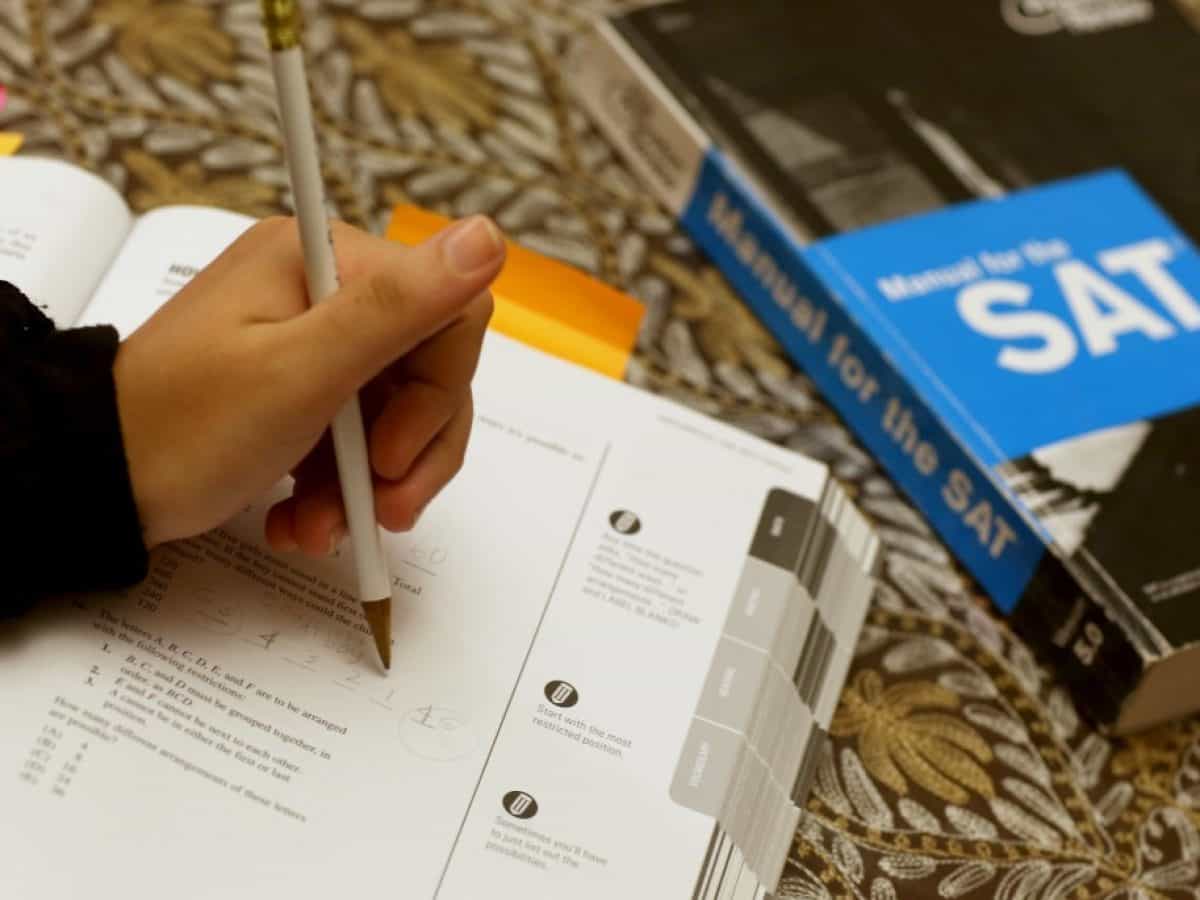It’s easy to look at students who frequently outperform in their tests and exams, with GPAs that shatter glass ceilings, and think that they are superhuman or some form of geniuses. Nope! It just boils down to good study habits and preparedness. In this article, we will provide 10-plus study tips, strategies, and techniques that you can apply to always be at the top of your game.
General tips
These are more related to your overall study lifestyle and your ability to plan out an efficient schedule, rather than knowledge about tackling specific subjects, topics, or tests.

Take Tests Frequently Including Practice Tests
There are numerous resources that you can use to make sure that you are fully prepared. If you are a first-timer then you can try out SAT practice tests from the College Board. From your scores, you can start devising a study plan to make an allotment of your revision time.
You should make sure to give more preparation to subjects in which you are weaker. Also, revise any tests that you take as soon as you can because this allows content to stay fresh in your mind.
Revise Using Printed Tests Instead of Online Ones
There’s always a certain beauty to writing things out, and revision is no different. Having the actual revision tests printed out so that you can answer on there with a pencil and keep notes is always the way to go. That way, when you revise the paper again you will be confident you have already covered the content and know the answers.
Create, and Stick to A Study Plan
Create a plan that works for your schedule, but don’t get too cocky or comfortable thinking that discipline isn’t needed to see it through. The greatest benefit of a study plan is indeed getting you out of your comfort zone, which in effect moves you faster and creates positive study habits. You can create extra time for personal revision by getting writing help from experts on professional writing services – 2022 -Educibly.com.
Always Pick a Study Partner for Those Crucial Times
While studying alone is a much-preferred option especially for introverts, it is not always effective. Pick a friend or a mutual acquaintance that you can intellectually spar with on subjects, topics, tests, and other theories that you may lack a great understanding of.
Never Miss Your Recommended Sleep and Exercise Time
This is especially crucial near test days. Sleep deprivation might be the number one cause of failed tests, even when the student was well-prepared for the assignment. If you do have to lose crucial sleep time, ensure that you always try to make up for it. Be easy on yourself, both academically and extracurricular-wise so that you don’t experience burnout and depression before the middle of the semester.
Take Practice Tests Under Actual “Test Times”
If you are prepping yourself for a 2-hour test, practice under the same simulated conditions. Use the same principles as you would during real tests to answer questions and navigate through your paper.
Specific tips
The general tips presented above are useful for building a solid study routine and for always being in tip-top shape both mentally and physically at any period of the semester. Here are a few specific study tips, skill sets, and strategies, more so regarding test strategies for reading, writing, and math sections of tests and revision papers.
Reading sections
Read through the entire passage and underline key figures/ studies/ theories/ transition points (e.g. from experiment to analysis etc.), keywords, and other main ideas. Underline points of contention that authors agree or disagree on. For literature passages, underline character feelings and motivations (this may require deeper introspection).
Answers that use strong language such as “contradict,” “irrelevant,” “abhor,” “astonished” etc., should usually be avoided. Inference questions: usually about causation or assumptions, particularly on the intention of doing something to prove something else.
- vocabulary in context: choose the word that makes sense LITERALLY and not figuratively/ used most commonly etc.
- paragraph/ sentence specific purpose questions: these questions are asking for the ARGUMENT of the specific paragraph/ sentence. Always choose the choice that conveys the argument as sounds most logical.
Writing Section
Know all your punctuation rules, pronoun rules, prepositions, subject-verb agreement rules, and other basic rules. know when to use a colon, comma, semi-colons; know when to use “to,” “for,” “by” etc., next to certain verbs;
- modifiers: occur especially where large portions of the sentence are separated by commas
- sequence: Sentences should be logically placed. Look for transition words and pronoun uses that make sense,
- which provides the best conclusion/ introduction/ transition: focus solely on the conclusion/ intro/ transition and not what sounds best or flows best.
- whether to add a sentence or not: read reasoning first before deciding yes or no, because it is affected by stylistic choices.
- choosing the right vocab word: First, the dictionary definition must match. Then, the tone/implications of the word must

Math Section
Preparing well in math means understanding all/most key concepts and being able to apply logic and speed.
- draw and use graphs for questions that ask for intersection points (quantity, numerical value, etc.)
- draw diagrams for geometry or trigonometry questions if not already given.
- plug in numbers to check your answers for systems of equations, evaluating expressions, word problems, etc.
- know when different functions are used/ and what they mean, even if not directly expressed, for example namely linear vs. exponential functions, and concepts such as decay and compound interest.
- read the entire question, severally!!
- if you have the time, redo the same questions instead of just looking over your work. if there are alternative ways of solving something (like substitution or elimination in systems of equations, factoring vs. quadratic formula in quadratic equations, etc.), try different ways, especially when practicing.
Go Ahead and Conquer!
With these tips, you’ll well be on your way to seeing a drastic improvement in your study habits, GPA, and overall performance. You can also carry over these skills throughout all your study routines and levels.